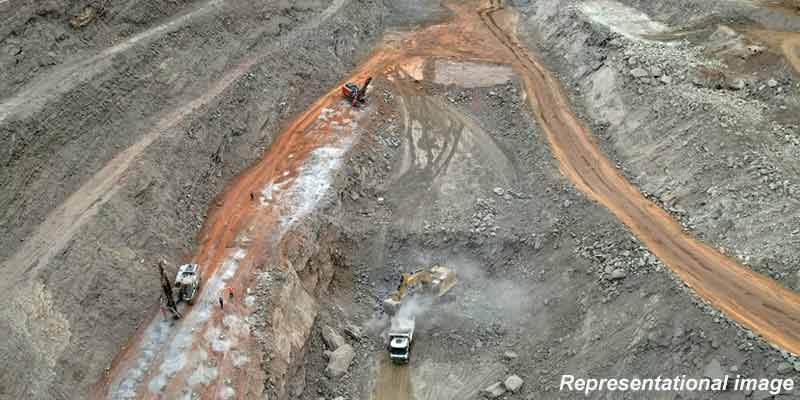- India
- Jun 20
- Kevin Savio Antony
Explainer - What are Critical Minerals?
• India and the US aim to finalise a bilateral agreement to enhance cooperation on critical minerals, involving the US Department of Commerce and India’s Ministries of Commerce and Industry and Mines, focusing on supply chain partnerships for graphite, gallium, and germanium.
• The Ministry of Mines has joined a US-led partnership focusing on securing critical mineral supply chains.
• This initiative aims to boost cooperation among member nations to invest in identified mineral-rich areas globally, ensuring a stable supply of these essential resources.
Initiative for Critical and Emerging Technology (iCET) dialogue:
According to a fact sheet issued regarding the India-US Initiative for Critical and Emerging Technology (iCET) dialogue, chaired by the National Security Advisers of both countries, the aims include:
i) Promoting India’s vital role in the mineral security partnership.
ii) Co-investing in a lithium resource project in South America.
iii) Co-investing in a rare earths deposit in Africa.
iv) Responsibly and sustainably diversifying critical mineral supply chains.
India has established a joint venture company, Khanij Bidesh India Ltd. (KABIL), with equity contributions from three Central Public Sector Enterprises:
i) National Aluminium Company Ltd
ii) Hindustan Copper Ltd
iii) Mineral Exploration and Consultancy Ltd.
The objectives and activities of KABIL include:
i) Acquiring critical mineral assets abroad to ensure a consistent supply of critical and strategic minerals to the Indian domestic market.
ii) Currently exploring opportunities for acquiring critical minerals assets, such as lithium and cobalt, in Australia, Argentina, and Chile.
What are Critical Minerals?
• Critical minerals are those where the risk of supply shortage could significantly impact the economy more than other raw materials.
• These minerals are crucial for economic development and national security. Their limited availability or concentration in specific regions can create vulnerabilities in global supply chains.
• Essential minerals include lithium, graphite, cobalt, titanium, and rare earth elements. These are vital for advancing sectors like high-tech electronics, telecommunications, transportation, and defence.
They are integral to strategic value chains such as:
• Clean technology initiatives like zero-emission vehicles, wind turbines, and solar panels.
• Information and communication technologies, particularly semiconductors.
• Advanced manufacturing inputs such as defense applications, permanent magnets, and ceramics.
Key facts about Critical Minerals:
1) Definition and Characteristics:
• A critical mineral is either a metallic or non-metallic element.
• It is essential for modern technologies, economies, or national security.
• There is a risk of disruption in its supply chains.
2) Changing Criticality: The criticality of minerals evolves over time as supply dynamics and societal needs change.
3) Applications:
• Critical minerals are crucial for manufacturing advanced technologies like mobile phones, computers, fiber-optic cables, semiconductors, and banknotes.
• They are essential for low-emission technologies such as electric vehicles, wind turbines, solar panels, and rechargeable batteries.
• Some are also vital for common products such as stainless steel and electronics.
4) Top Producers: Major producers of critical minerals include Chile, Indonesia, Congo, China, Australia, and South Africa.
5) Critical Minerals in India: India has identified 30 critical minerals, which are crucial for its economic and strategic interests.
• These minerals include Antimony, Beryllium, Bismuth, Cobalt, Copper, Gallium, Germanium, Graphite, Hafnium, Indium, Lithium, Molybdenum, Niobium, Nickel, Platinum Group Elements (PGE), Phosphorus, Potash, Rare Earth Elements (REE), Rhenium, Silicon, Strontium, Tantalum, Tellurium, Tin, Titanium, Tungsten, Vanadium, Zirconium, Selenium, and Cadmium.
(The author is a trainer for Civil Services aspirants.)

